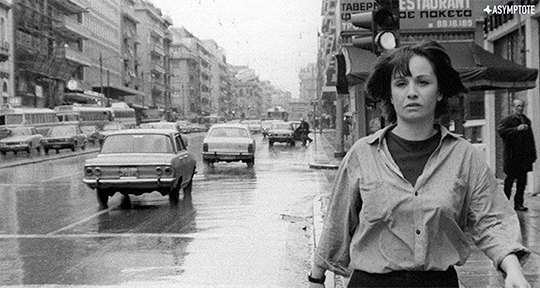In this week’s round-up of literary news, our editors bring news of resistance, commemoration, and solidarity. In North Macedonia, a powerful literary prize pushes back against repression by celebrating marginalised voices. In the Philippines, a local organisation is using independent publishing to express solidarity with Palestine and push back against the industrial market complex. In Greece, a new publication celebrates the brief life of a communist activist. Read on to find out more!
Sofija Popovska, Editor-at-Large, reporting from North Macedonia
Štefica Cvek, a regional literary contest open to Macedonian, Croatian, Serbian, Bosnian, and Montenegrin authors, recently announced the twenty-two titles of its 2025 longlist. Held for the fourth year in a row, the contest highlights the best books written from queer, feminist, decolonial, class-conscious, and ecology-minded perspectives. Akin to this year’s Budapest Pride march, which drew historic crowds despite governmental repression, the celebration of queerness at the core of the Štefica Cvek contest remains a controversial issue within the greater Macedonian cultural context.
Noting that Macedonian LGBTQ+ activists operate within “one of the most regressive anti-gay regimes in Europe,” the British human rights activist Peter Tatchell has praised them as “heroes and heroines.” Not only are same-sex marriages still unrecognized under Macedonian law, but queerness itself is actively demonized in both political and cultural spheres. As recently as February 2025, both the Macedonian government and its opposition have weaponized accusations of queerness to discredit their political rivals, and only a month prior, the Orthodox Church—with the endorsement of many prominent Macedonian politicians and writers—reviled gay marriage as “a violation of the holy will of God . . . and a prerequisite for the dissolution of the family.” READ MORE…


